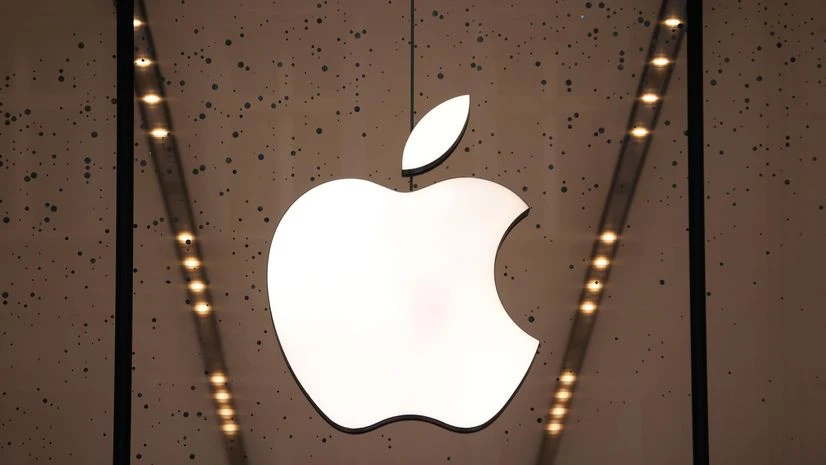Apple is increasingly relying on Indian suppliers to enhance its manufacturing ecosystem, aiming to source key components for devices such as iPhones, MacBooks, iPads, and AirPods locally.
The tech giant has partnered with over 40 Indian companies, including prominent names such as Dixon Technologies, Amber Electronics, HCLTech, Wipro, and Motherson Group, according to a report by Moneycontrol.
This initiative reflects Apple’s strategic push to expand its supplier base within India by collaborating with large conglomerates, IT firms, and electronics manufacturing service providers (EMS).
Shifting focus from Chinese suppliers
Apple’s move is partly driven by challenges with its Chinese suppliers. Amid strained India-China relations, particularly following the Galwan Valley conflict, many Chinese companies supplying Apple have hesitated to invest in India due to legal and tax hurdles. For instance, BYD, a supplier for iPad manufacturing, was denied clearance to operate in India, prompting Apple to seek alternatives in the Indian market.
According to the report, Apple has been engaged in detailed discussions with Indian companies, exploring joint ventures with global partners from countries like China, Taiwan, and Japan. These collaborations aim to manufacture essential components, such as displays and camera modules, within India.
Also Read
Apple is also evaluating which components can be sourced from specific Indian suppliers as part of its diversified manufacturing strategy.
Encouraging foreign partnerships in India
Apple is preparing Indian suppliers for the upcoming electronics components incentive scheme, which aims to enable local firms to partner with global tech companies. However, moving entirely away from Chinese suppliers remains a complex challenge, as Apple relied heavily on Chinese manufacturing for many components up until 2020.
While ramping up iPhone production in India, Apple is now focused on deepening local manufacturing for other products, including AirPods and iPads. AirPod wireless charging cases are currently being produced in Pune through Jabil, while Foxconn is set to begin AirPods production in Telangana next year. The Indian government is also encouraging Apple to reconsider manufacturing iPads locally, following Apple’s shift of some production to Vietnam last year.
India’s role in Apple’s growth strategy
Apple’s operations in India have grown significantly, with net profit increasing 23 per cent to Rs 2,745.7 crore in FY23-24, driven by higher iPhone sales. The company’s revenue surged 36 per cent year-on-year to Rs 67,121.6 crore for the financial year ending March 2024. Apple has seen record quarterly sales in India and continues to expand its market share, holding 8.6 per cent of the Indian smartphone market in the July-September 2024 quarter.
Contribution of government incentives
The Indian government’s production-linked incentive (PLI) scheme has been instrumental in boosting Apple’s local manufacturing footprint. Through partnerships with Foxconn, Tata Electronics, and others, Apple has significantly increased local value addition, totalling $14 billion over the past three years. By FY25, Apple expects India to account for 17–18 per cent of its production volume, with production value reaching $18 billion.
Apple is projecting continued growth in India, with plans to assemble 32 per cent of its global iPhone production volume in the country by FY27, translating to a potential $34 billion in production value.
Meta keywords: Apple India supply chain, Apple Indian suppliers, Apple China ties strain, Apple production in India, PLI scheme Apple, Apple manufacturing in India, Apple growth India, Indian iPhone production, Apple Indian partnerships

)